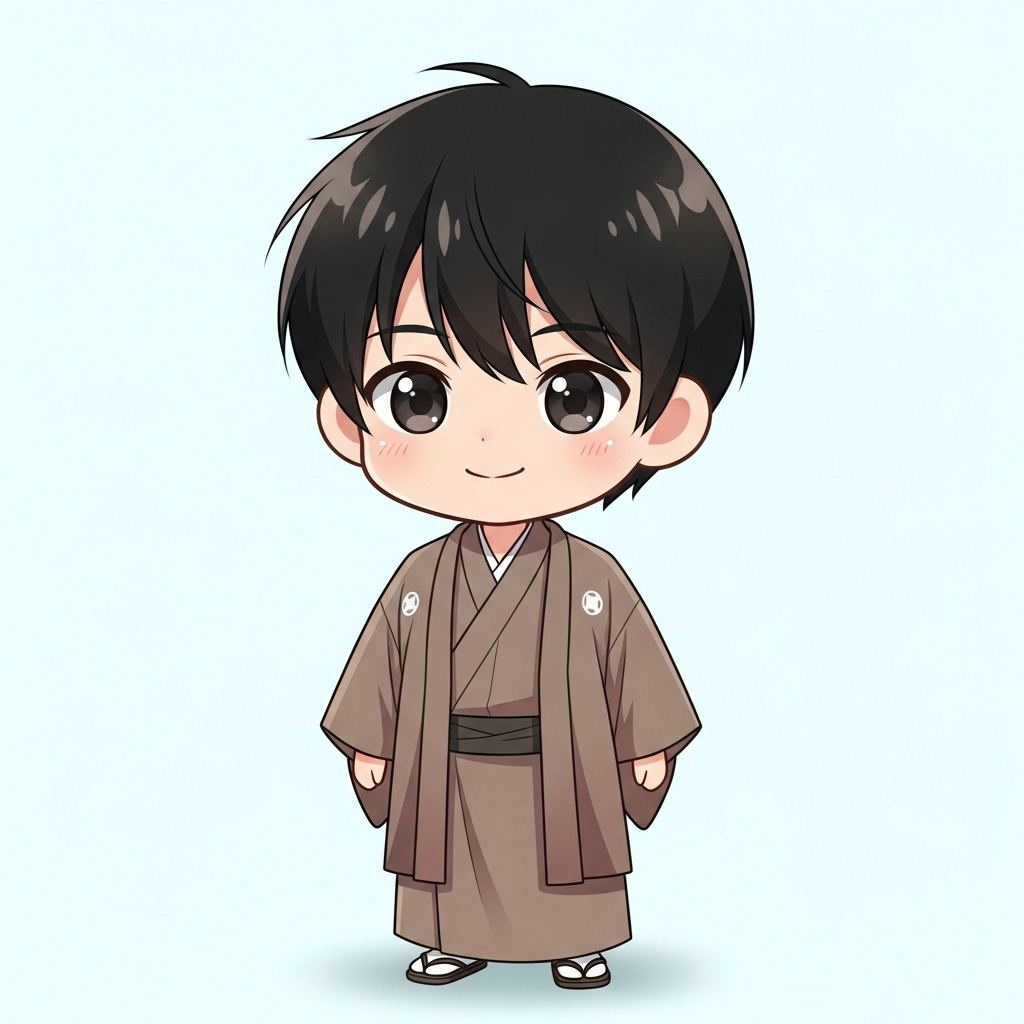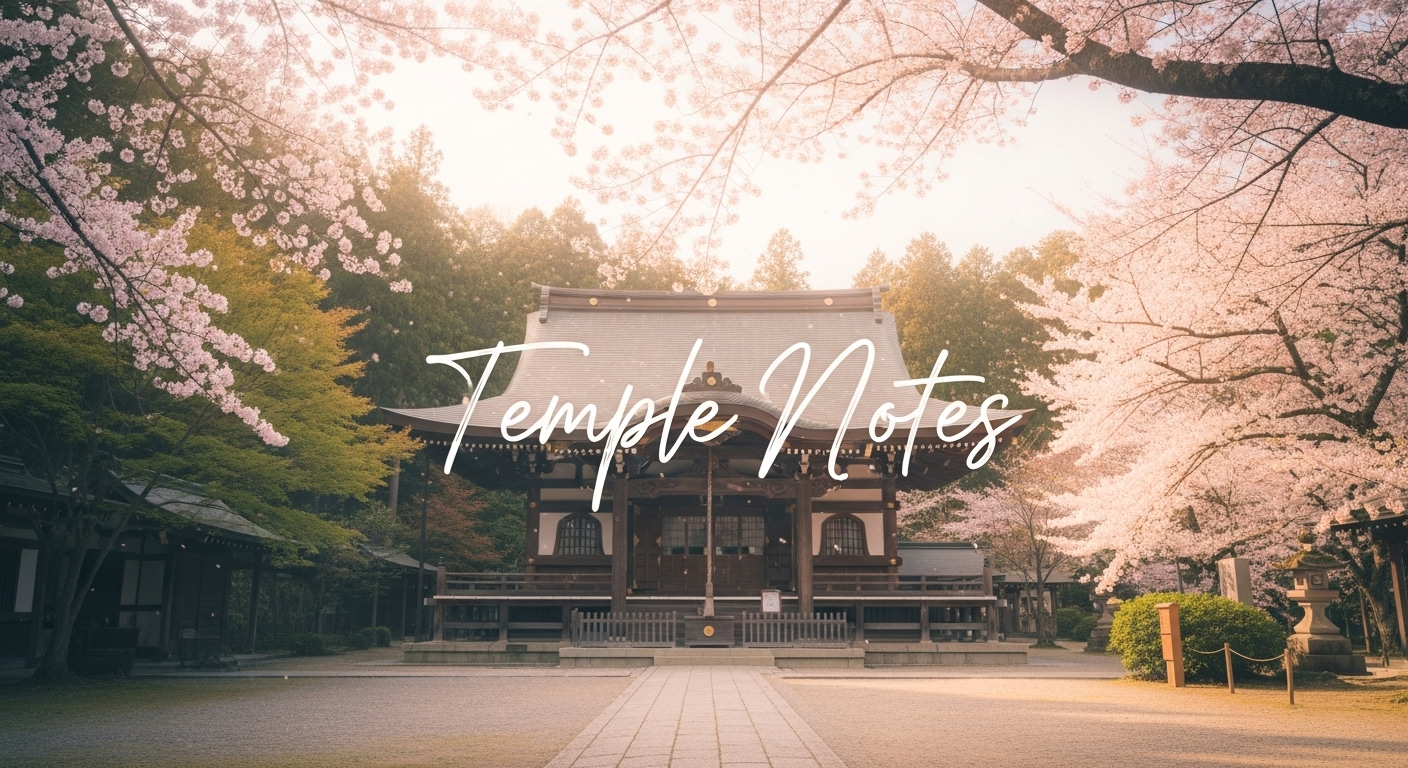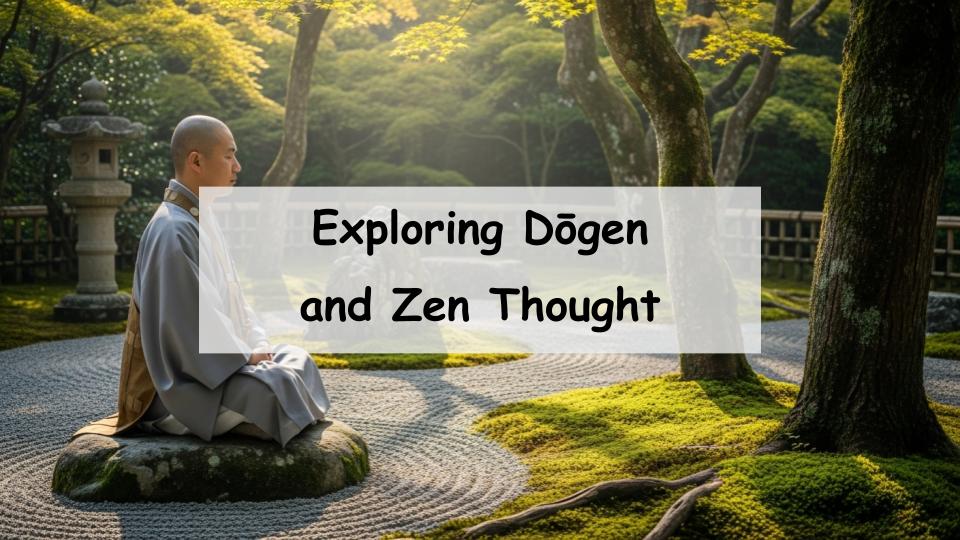Who was Dōgen, and how did he come to establish the foundations of Japanese Zen? Many readers are curious about his life and the path he followed. Learning about Dōgen’s life and background provides an essential key to understanding not only Zen thought but also the cultural roots of Japan. In short, Dōgen forged a unique philosophy and practice through pivotal events in his life, leaving a profound mark on Japanese Buddhism. This article traces Dōgen’s life chronologically and highlights five decisive events that shaped his Zen philosophy. By following his journey, we can find insights that transcend history and remain deeply relevant in modern times.
Dōgen’s Background and the World of His Time
The Kamakura Period: Society and Buddhism
The Kamakura period was an era of significant political and social change, a time when people sought new spiritual directions. Traditional aristocratic culture and established schools like Tendai and Shingon no longer fully satisfied people’s needs, paving the way for practice-based movements such as Pure Land Buddhism and Zen. Against this backdrop, Dōgen’s advocacy of shikantaza (“just sitting”) resonated as a fresh and authentic approach.
Dōgen’s Family and Early Environment
Born in Kyoto in 1200, Dōgen grew up in an environment that fostered both Buddhist and scholarly pursuits. His early exposure to religious practice planted seeds of curiosity and doubt. Yet, dissatisfaction with purely scholastic forms of Buddhism drove him to seek a more direct and authentic spiritual path. Kyoto’s cultural and intellectual climate played a crucial role in shaping his early aspirations.
Dōgen’s Childhood and the Path to Ordination
Early Experiences and Spiritual Awakening
Even as a child, Dōgen grappled with existential questions, sensing that rituals and doctrine alone were insufficient. These inner struggles led him to renounce worldly life and devote himself fully to Buddhist practice, marking the first step on his path of seeking truth.
Training on Mount Hiei and the Rise of Doubt
At Mount Hiei, the center of Japanese Buddhist scholarship, Dōgen immersed himself in rigorous study. However, he grew increasingly disillusioned with scholasticism and ceremonial practices, doubting whether they truly led to enlightenment. These doubts fueled his determination to seek authentic spiritual practice beyond established traditions.
Training in China and a Transformative Encounter
Journey to the Song Dynasty
Yearning for deeper practice, Dōgen embarked on a voyage to Song China, then the heart of Zen Buddhism. His determination to leave Japan and immerse himself in a foreign land underscores the seriousness of his quest.
Master Rujing and the Teacher-Disciple Bond
In China, Dōgen encountered Master Rujing, under whose guidance he experienced profound spiritual breakthroughs. Rujing’s emphasis on strict and authentic practice deeply shaped Dōgen’s own philosophy. Their bond became a turning point in his life.
The Birth of Shikantaza
It was under Rujing that Dōgen fully embraced the principle of shikantaza—sitting meditation for its own sake, without striving for enlightenment as a goal. This insight, that sitting itself is the manifestation of Buddha-nature, became the cornerstone of his teaching.
Dōgen’s Return and the Founding of Eiheiji
Challenges in the Japanese Buddhist World
Upon returning to Japan, Dōgen sought to share what he had learned, but his radical emphasis on practice met resistance from established schools. Misunderstandings and opposition tested his resolve, yet he persisted in teaching and building communities of practice.
Life and Practice at Eiheiji
In Echizen (modern-day Fukui Prefecture), Dōgen founded Eiheiji, where his ideals took tangible form. Eiheiji was more than a temple—it was a community devoted to strict daily discipline, meditation, and communal living. This institutionalized his vision and laid the foundation of the Sōtō Zen school.
Five Key Events That Shaped Dōgen’s Thought
Ordination and the Decision to Seek Truth
Dōgen’s renunciation of worldly life and decision to pursue authentic Buddhist practice was the first major turning point. It signaled his lifelong commitment to direct, experiential practice.
Training and Awakening in China
His transformative experiences with Rujing in China reinforced the idea that practice and enlightenment are inseparable. This realization became central to his philosophy.
The Founding of Eiheiji
Eiheiji embodied Dōgen’s ideals in a lasting form. Through strict routines and collective practice, his teachings became living realities rather than abstract doctrines.
Writing the Shōbōgenzō
Dōgen articulated his teachings in the monumental Shōbōgenzō, which explained the meaning of practice, meditation, and Buddhist truth. This text remains one of the most influential works in Japanese religious philosophy.
Teaching Disciples and Passing on the Dharma
Through teaching and mentoring disciples, Dōgen ensured the continuity of his tradition. His students spread his philosophy widely, solidifying the institutional and intellectual foundations of Sōtō Zen.
Lessons from Dōgen’s Life for the Modern World
Zen’s Relevance in Today’s Society
Dōgen’s philosophy still resonates in today’s world of stress and constant striving. His emphasis on valuing the present moment and focusing on process over results offers guidance for work, education, and personal growth.
Practical Wisdom from Dōgen’s Example
From Dōgen’s life, we learn the value of disciplined daily habits, the practice of sitting in meditation without chasing goals, and the resilience to continue in the face of challenges. These timeless lessons remind us that transformation arises not from sudden breakthroughs, but from persistent practice.
A Message from the Guide

The scenes at Eiheiji still seem to carry on Dōgen’s legacy.






Comment